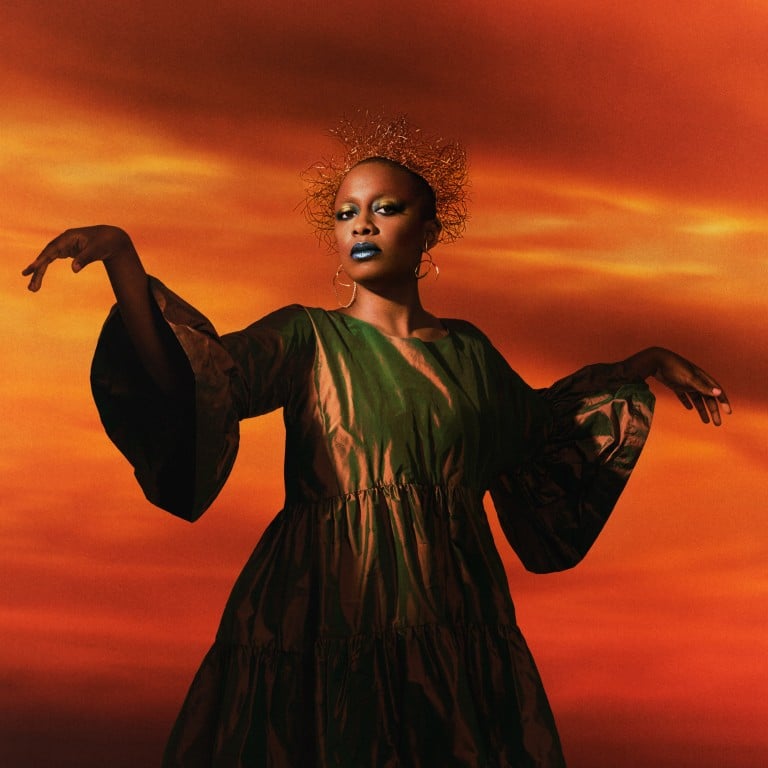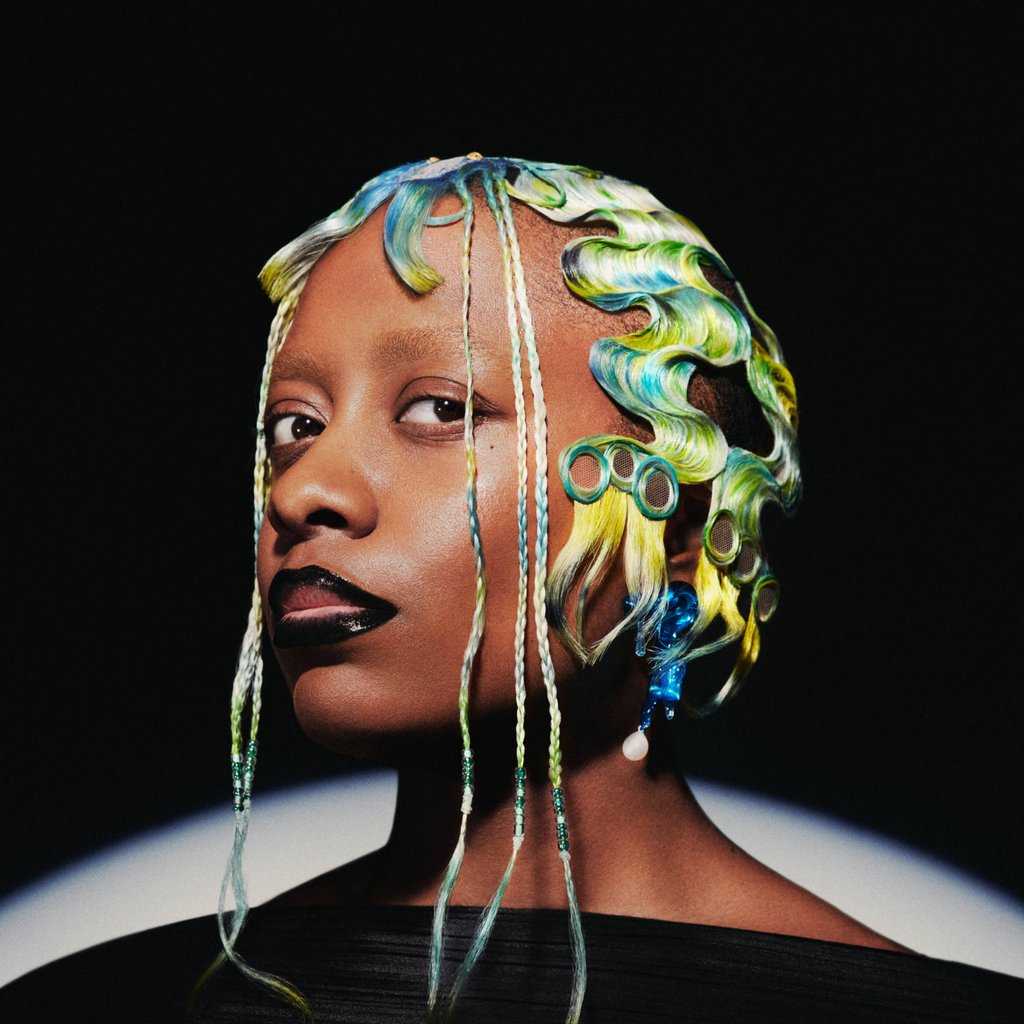Inside Cécile McLorin Salvant’s ‘maximalist’ musical stylings: the 4-time Grammy-winning jazz chanteuse taking the genre into a new era, with folk songs, postmodern cabaret and Auto-Tune – interview

- At 33, the multilingual maestro already has 6 albums, 4 Grammys and a MacArthur fellowship, with 2023’s Mélusine mixing Creole traditionals, French art songs and DIY electronic experiments
- Ahead of concerts at Hong Kong’s Carlyle & Co., Salvant talks about taking cues from Fiona Apple and why she skips standards in favour of Stranger Things-famous Kate Bush
Cécile McLorin Salvant “just” needs a cable. Specifically, a connection to digitally sync her Nord keyboard with her laptop. “I just got [recording software] Logic,” says the four-time Grammy winner with childlike excitement. “I’m going to be messing around with little loopy bits, playing with Auto-Tune and doing some electronic BS,” she adds, playfully comparing the results to Flo Rida’s oft-derided, heavily distorted vocal tracks.

Indeed, onstage, Salvant appears larger than her form, employing not just her unmistakable, scale-sailing, velvety voice, but the full force of her body, from dramatic arm gestures to the flicker of eyelids, to physically inhabit whatever song she is singing. A storytelling bard theatrically excavating ancient and contemporary lyrics of love, loss, lust and revenge, resuscitating them to nerve-shredding life. A critic once described her as a “postmodern cabaret singer”, a term she emphatically approves of. “Jazz is such a maligned genre, anyway. Over the course of my teenage years popular TV shows would make fun of jazz, no one likes it at large – so,” she muses, “I kind of love it.”
Salvant’s command of the stage is so memorable, it’s an account of her performing “If This Isn’t Love” at New York’s 88-year-old Village Vanguard – a song written in 1946 and made famous by 50s icon Sarah Vaughan – that opens Playing the Changes, an excellent collection of essays by former NPR critic Nate Chinen arguing the vital, insistent claim that jazz has entered a newly fertile period of relevance and creativity in the 21st century. “Salvant shows she’s neither wrestling with ghosts nor shouldering the weight of obligation,” writes the author. “Rather than evoke the past from a stance of decorum of deference, Salvant is bent on stirring it up with sly intellectual rigour.”
Jazz is such a maligned genre, anyway. No one likes it at large – so I kind of love it
Indeed, it’s difficult to square Chinen’s account – or the larger-than-life character I saw on stage at Tennessee’s Big Ears festival at the end of March, six weeks ahead of our interview – with the relatively introverted, mere mortal in front of me on Zoom. (“A super honour,” quips Salvant about her placement in the book. “I didn’t know there was anything to even make note of. I’m just out here doing it, it was wild and great.”)

Doing it, she is – both wild and great. Salvant makes singing a form of collective communication, a communal rite – it’s no coincidence that she comes from nurturing parents who were not afraid to tear things up before starting again. Her French mother lived in Africa, South America and the Caribbean before settling in Miami, Florida, where she founded an immersive language school; her dad, a doctor, left his native Haiti to practise as a doctor. Raised between cultures, Salvant sings equally powerfully and regularly in English and French, as well as employing Spanish and, lately, Haitian Creole and Occitan, a medieval language spoken in the South of France.
“I was brought up by travellers, by multilingual people, curious people – people who all taught themselves English when they got to America – foreigners,” she says, with an emphasis that glorifies rather than disparages the term. “Adaptable people, people who have seen and experienced many, many different cultures in their lives, [so I gained] the culture that comes back from those travels, and the appreciation for art, and not just art but folk art, and folk music from all over the world.”